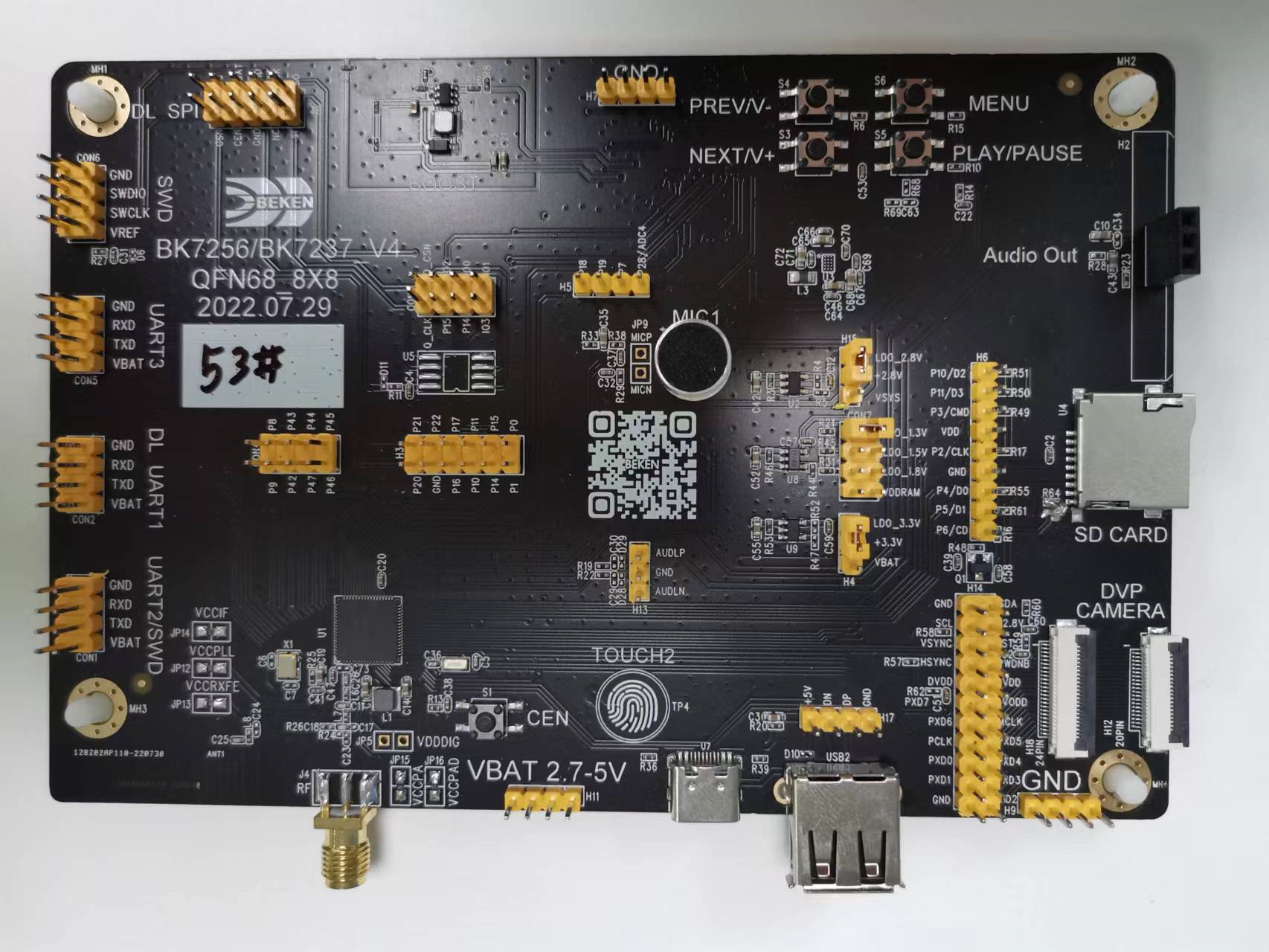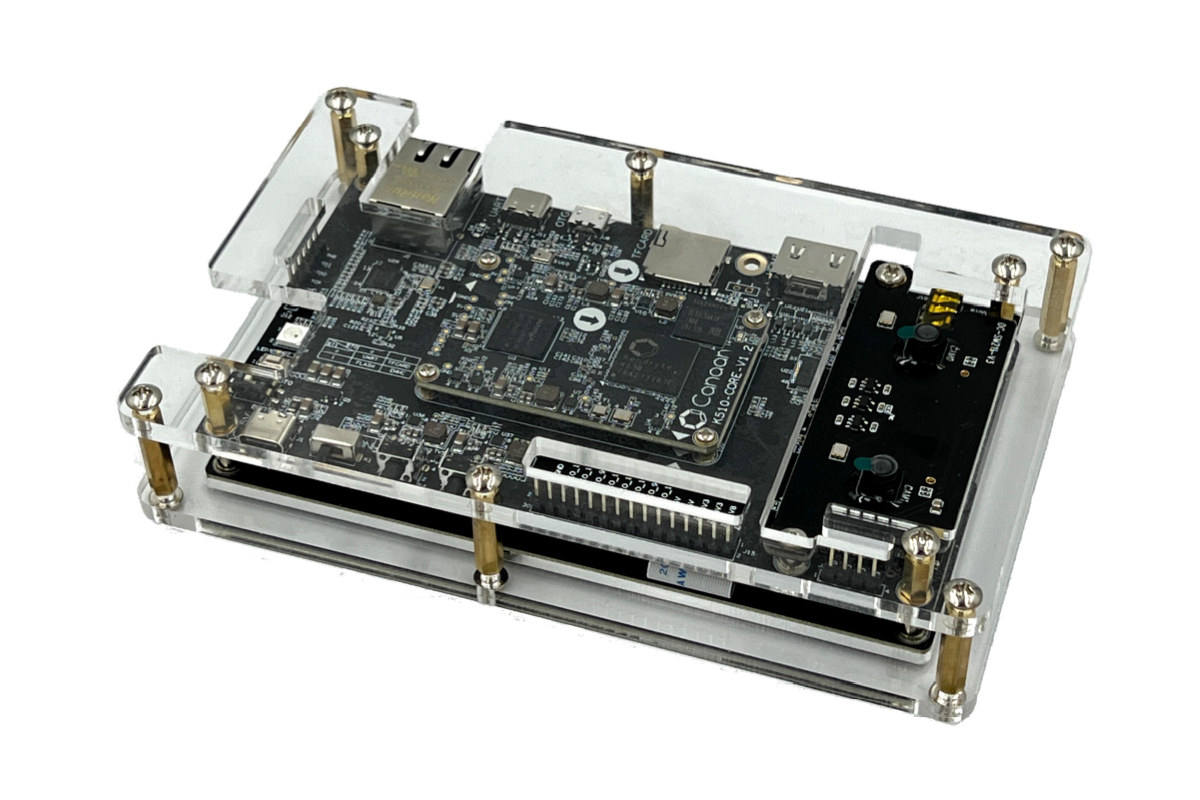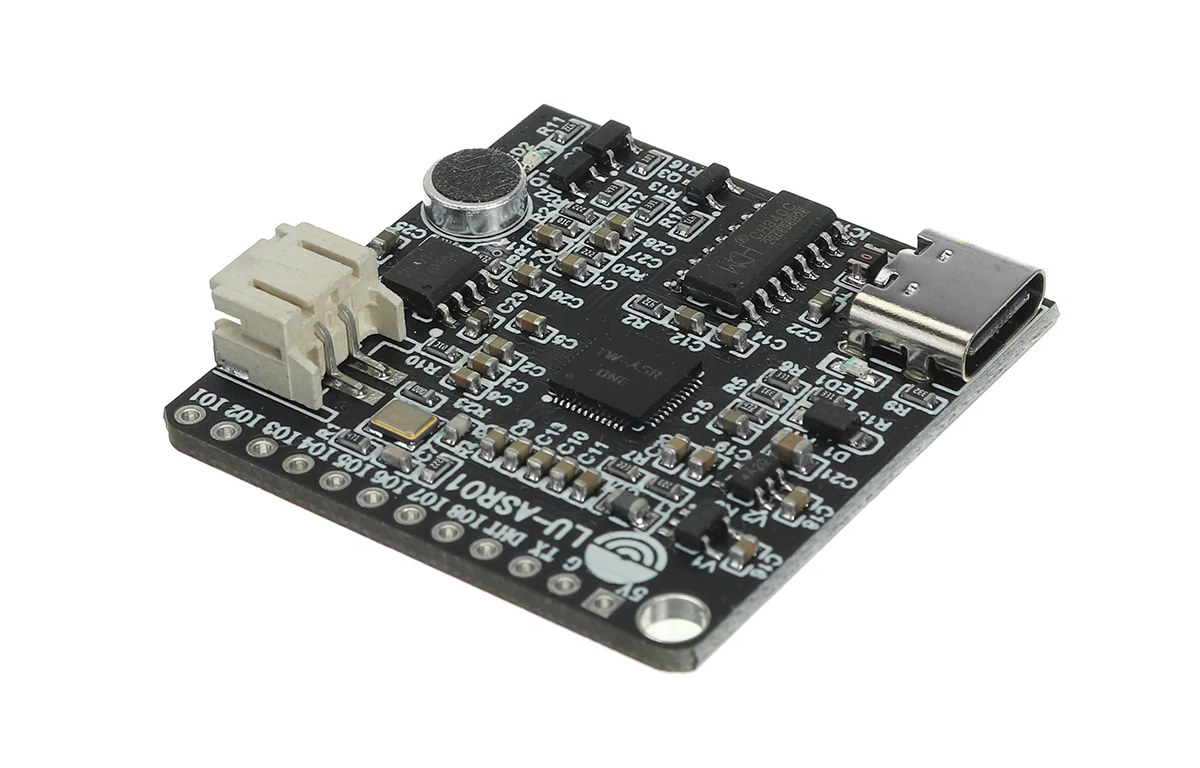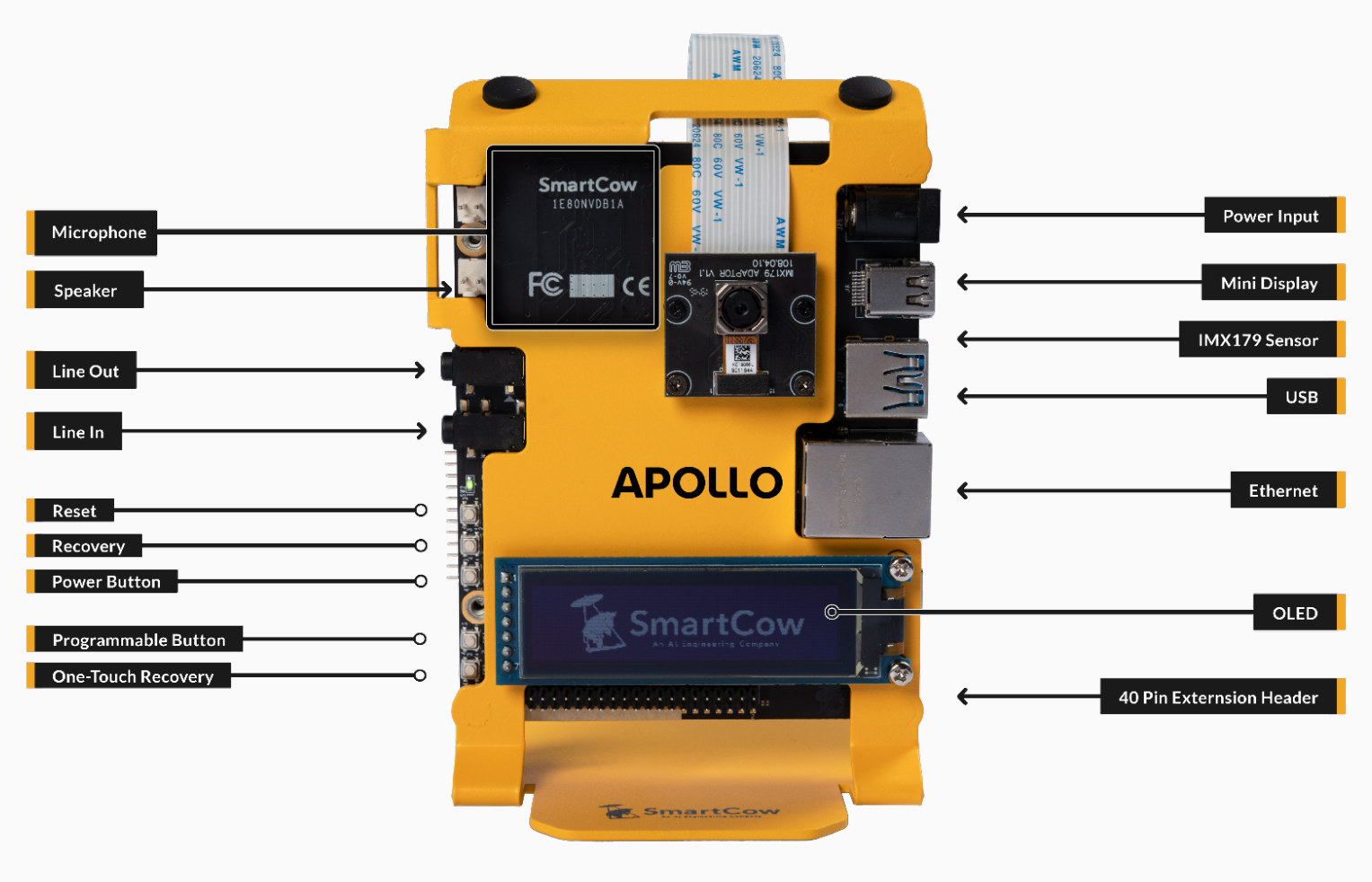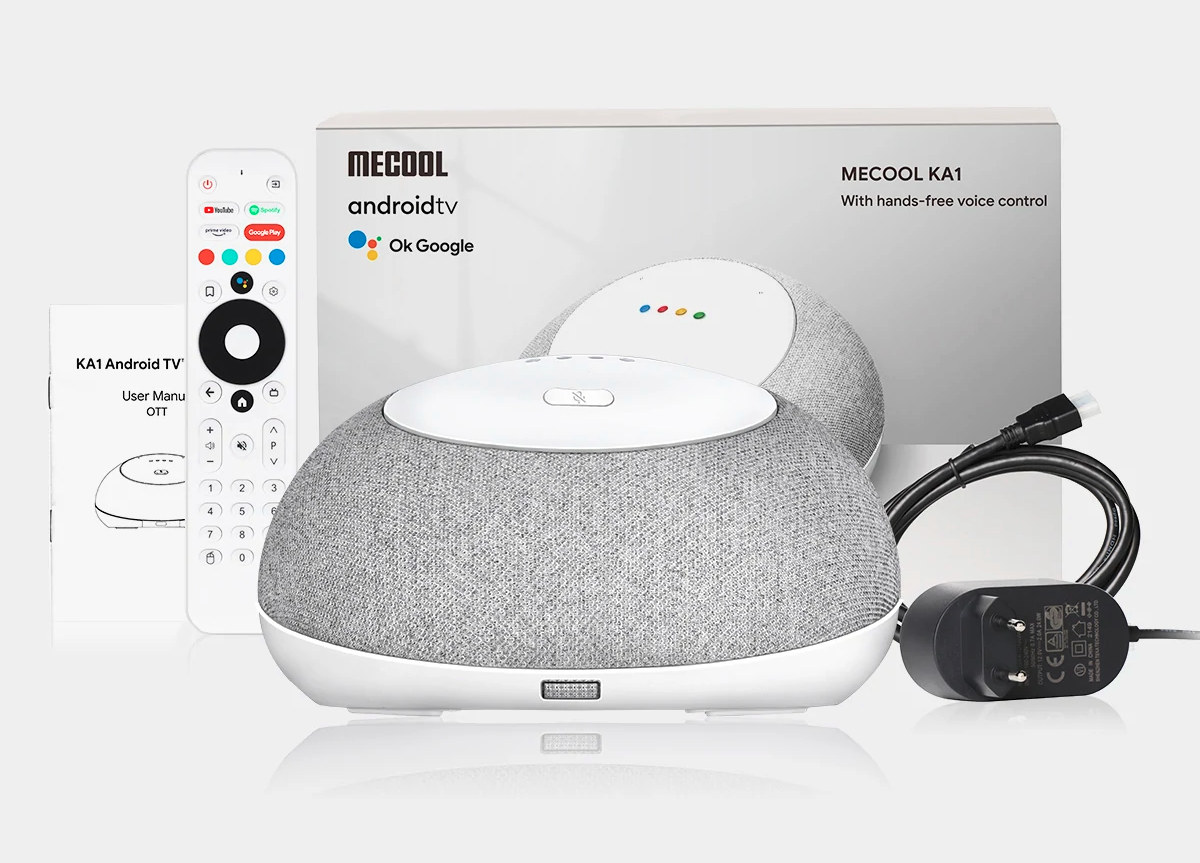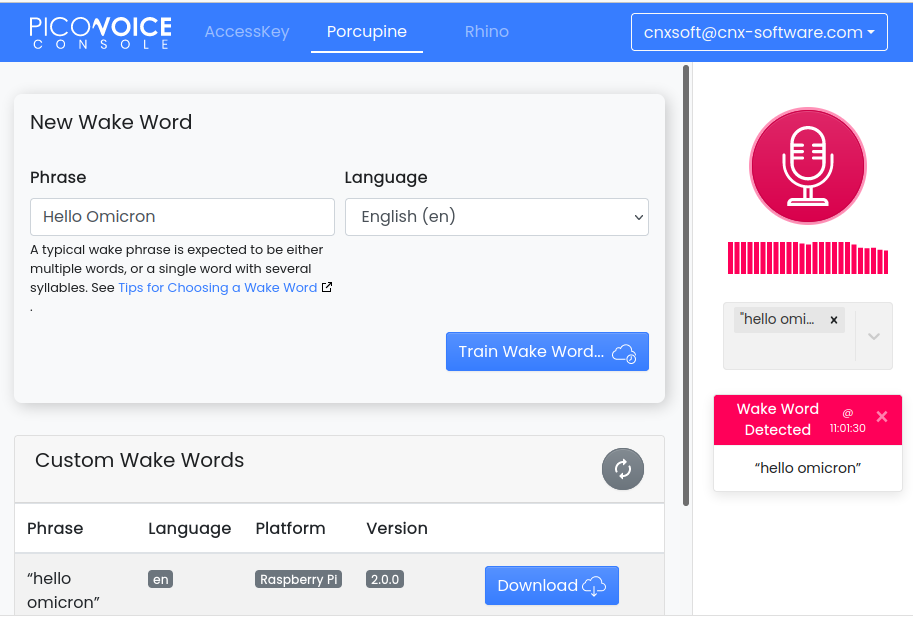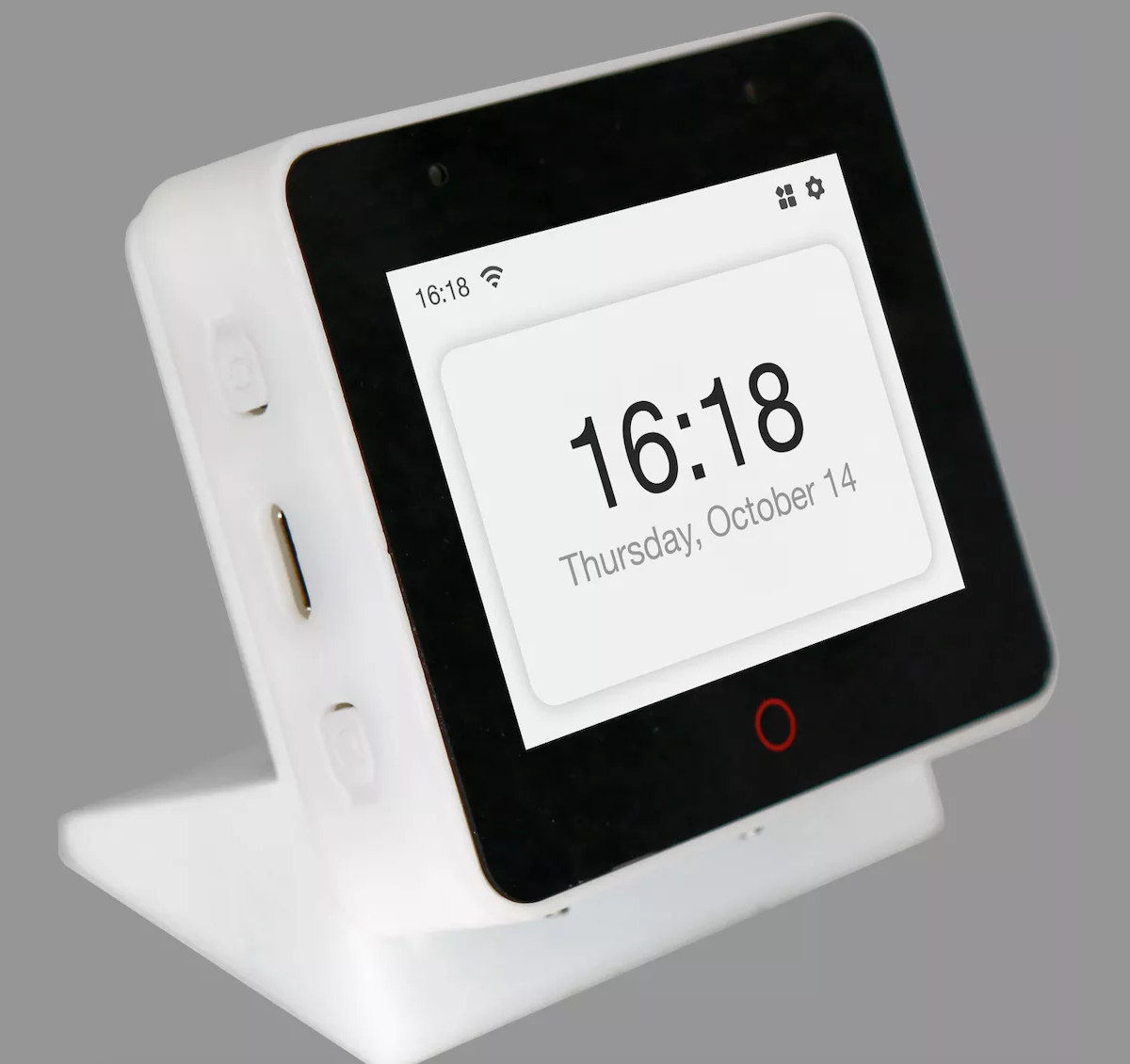Until now, I had only heard about Beken Bluetooth audio chips, but I’ve just been informed the company is also making WiFi chips such as the BK7256 that are notably found in some Tuya Smart Home modules. Beken offers both RISC-V and Arm WiFi and Bluetooth chips with features summarized as follows: BK7235 single-core RISC-V MCU up to 320 MHz with 2.4 GHz WiFi 6 802.11ax and Bluetooth 5.2 LE, 4MB flash, 512KB SRAM, optional 4MB PSRAM BK7236 dual-core Arm MCU up to 120 to 240 MHh with 2.4 GHz WiFi 6 802.11ax and Bluetooth 5.3 dual mode, 4MB flash, 512KB SRAM, optional 4MB PSRAM BK7237 dual-core RISC-V MCU up to 320 MHz with 2.4 GHz WiFi 6 802.11ax and Bluetooth 5.2 dual mode, 4 or 8MB flash, 512KB SRAM, optional 4MB PSRAM BK7256 dual-core RISC-V MCU up to 320 MHz with 2.4 GHz WiFi 6 802.11ax and Bluetooth 5.2 […]
Canaan K510 CRB RISC-V AI development kit ships with dual-camera module and LCD display
Last summer, Canaan introduced the Kendryte K510 tri-core RISC-V AI processor, now also known as Canaan K510, as an updated version of the Kendryte K210 with a much higher 3 TOPS of performance, but at the time, there were no development board and SDK. But I’ve now just been informed of the availability of the Canaan Kendryte K510 CRB (customer reference platform) AI development kit with camera module and LCD display, as well as a software development kit with U-Boot, Linux, and AI tools which can be used to develop smart audio and computer vision applications. Kendryte K510 CRB-Kit development kit specifications: SoC – Canaan Kendryte K510 dual-core RISC-V64 CPU up to 800MHz and 1x RISC-V DSP up to 800MHz for up to 3 TOPS AI performance, ultra-low-power wake-up VAD, H.264 video encoding up to 2 channels @ 1080p60 System Memory – 512 MB LPDDR3 @ 1600 MHz Storage – […]
$8 LU-ASR01 offline speech recognition board features “TW-ASR ONE” chip
LU-ASR01 is a board capable of offline speech recognition with a built-in microphone, a speaker connector, twelve through holes for GPIOs and a temperature sensor interface for DHT11/DS18B20, plus a USB Type-C port for power and programming. At first, I thought it might be based on the Unisound US516P6 microcontroller which we’ve seen on some inexpensive offline speech recognition modules, but the chip looks completely different, with the marking TW-ASR ONE. So let’s investigate… LU-ASR01 board specifications took some effort, but here’s what I’ve managed: MCU – TW-ASR ONE (aka TWen ASR ONE) microcontroller with 4MB flash, 512KB RAM, and a BNPU for voice processing; package: QFN48L (6x6x0.85mm) Audio I/O Built-in microphone 2-pin speaker header plus 3W power amplifier for 4Ω/3W speaker Voice recognition Up to 10 meters wake-up range 98% ultra-high recognition rate Customizable to 5 wake-up words and 200 recognition words USB – 1x USB Type-C port for […]
SmartCow Apollo – A Jetson Xavier NX devkit for conversational AI, computer vision
SmartCow Apollo is an audio/video AI engineering kit based on NVIDIA Jetson Xavier NX computer module designed for applications with conversational AI capabilities, such as speaker recognition and sentiment analysis. But considering a camera is included, computer vision applications should also be possible. The development kit comes with a 128GB NVMe SSD, four microphones, two speaker terminals, two 3.5mm phone jacks, an 8MP camera module, and a 2.08-inch OLED display with everything housed in a frame that keeps the module and accessories like that camera upright. SmartCow Apollo specifications: NVIDIA Jetson Xavier NX system-on-module CPU – 6-core NVIDIA Carmel ARMv8.2 64-bit CPU with 6MB L2 and 4MB L3 cache GPU – NVIDIA Volta architecture with 384 NVIDIA CUDA cores and 48 Tensor cores Memory – 8 GB or 16GB 128-bit LPDDR4x Storage – 16 GB eMMC 5.1 flash Display 1x Mini DP port 7-pin SPI header for OLED display (included) […]
MECOOL HomePlus – A 2-in-1 smart speaker and 4K TV box with DVB Tuner
We’ve reviewed MECOOL devices in the past, such as their hybrid set-top boxes with DVB-T2 and/or DVB-S2 tuners. But MECOOL HomePlus (aka MECOOL KA1) packs even more features as it serves as both a 4K Android set-top box with a DVB tuner and a smart speaker compatible with Google Assitant. Based on Amlogic S905X4 Arm Cortex-A55 processor, and equipped with 4GB RAM and 32GB storage, MECOOL HomePlus runs a Google-certified Android TV 11 OS with far-field voice and hands-free TV control. MECOOL HomePlus (KA1) specifications: SoC – Amlogic S905X4 quad-core Arm Cortex-A55 processor with Arm G31 MP2 GPU RAM – 4GB LPDDR4 Storage – 32GB eMMC flash Video Output – HDMI 2.1 port with HDCP 2.2 Video Codes – 4K AV1, VP9, H.265, H.264 Audio Built-in two linear microphone array 2x 5W RMS speakers Tuner – RF antenna input for DVB T/T2/C tuner (optional) Connectivity 10/100M Ethernet RJ45 port Dual-band […]
PicoVoice offline Voice AI engine gets free tier for up to 3 users
PicoVoice offline Voice AI engine has now a free tier that allows people to create custom wake words and voice commands easily for up to three users on any hardware including Raspberry Pi and Arduino boards. I first learned about PicoVoice about a year ago when the offline voice AI engine was showcased on a Raspberry Pi fitted with ReSpeaker 4-mic array to showcase the company’s Porcupine custom wake word engine, and Rhino Speech-to-Intent engine. The demo would support 9 wake words with Alexa, Bumblebee, Computer, Hey Google, Hey Siri, Jarvis, Picovoice, Porcupine, and Terminator. More importantly, the solution allows you to easily create your own custom words in minutes from a web interface by simply typing the selected wake word, with no need for hundreds of voice samples or waiting weeks to get it done. So I tried “Hey You” first, but I was told it was too short, […]
Espressif introduces ESP32-S3-BOX AI development kit for online and offline voice applications
Espressif Systems has very recently introduced the ESP32-S3-BOX AI voice devkit designed for the development of applications with offline and online voice assistants, and whose design I find similar to the M5Stack Core2 devkit, but the applications will be different. The ESP32-S3-BOX features the latest ESP32-S3 processor with WiFi and BLE connectivity, AI capabilities, as well as a 2.4-inch capacitive touchscreen display, a 2-mic microphone array, a speaker, and I/O connectors with everything housed in a plastic enclosure with a stand. ESP32-S3-BOX specifications: WiSoC – ESP32-S3 dual-core Tensilica LX7 up to 240 MHz with Wi-Fi & Bluetooth 5, AI instructions, 512KB SRAM Memory and Storage – 8MB octal PSRAM and 16MB QSPI flash Display – 2.4-inch capacitive touchscreen display with 320×240 resolution Audio – Dual microphone, speaker USB – 1x USB Type-C port for power and debugging (JTAG/serial) Expansion – 2x Pmod-compatible headers for up to 16x GPIOs Misc Power […]
Picovoice Cobra Voice Activity Detection Engine shown to outperform Google WebRTC VAD
Picovoice Cobra Voice Activity Detection (VAD) engine has just been publicly released with support for Raspberry Pi, BeagleBone, NVIDIA Jetson Nano, Linux 64-bit, macOS 64-bit, Windows 64-bit, Android, iOS, and web browsers that support WebAssembly. Support for other Cortex-M and Cortex-A based SoCs can also be made available but only to enterprise customers. Picovoice already offered custom wake word detection with an easy and quick web-based training and offline voice recognition for Raspberry Pi, and even later ported their voice engine to Arduino. Cobra VAD is a new release, and, like other VADs, aims to detect the presence of a human voice within an audio stream. Picovoice Cobra can be found on Github, but note this is not an open-source solution, and instead, libpv_cobra.so dynamic library is provided for various targets, together with header files and demos in C, Python, Rust, and WebAssembly, as well as demo apps for iOS […]


